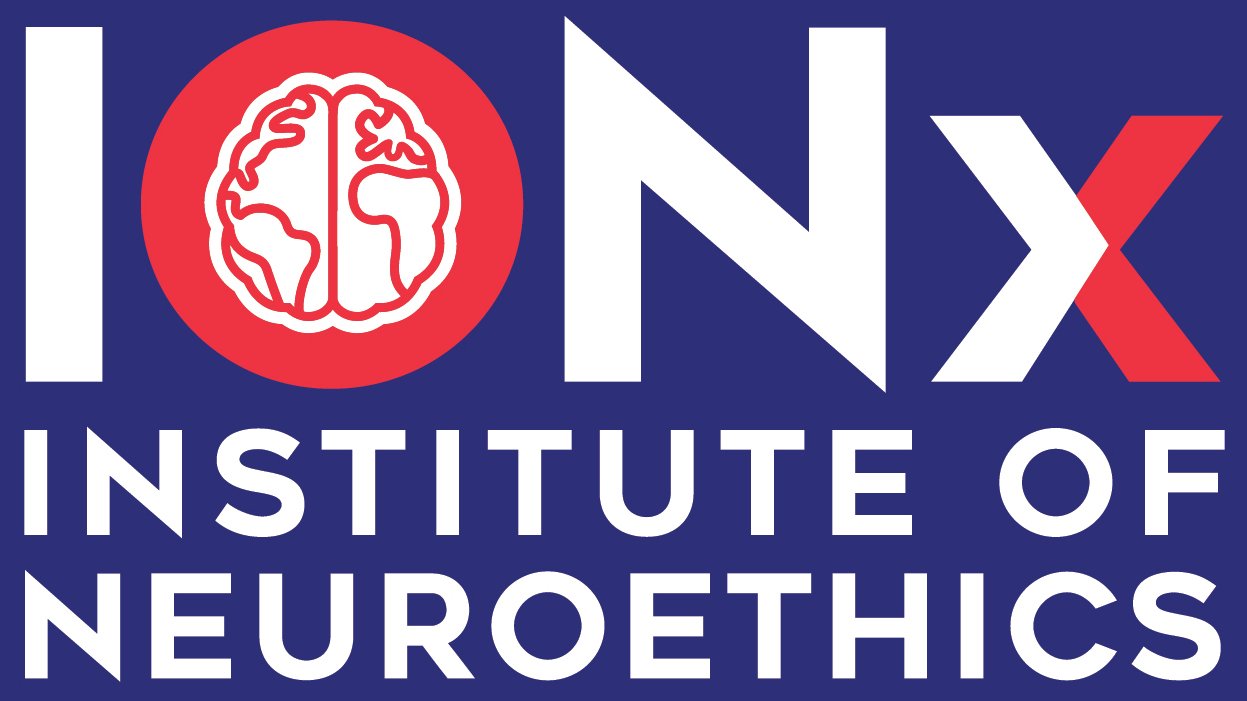
Neuroethics is a complex and inter-connected space.
Welcome to Nx Guidance.
We curate and maintain a repository of the most up-to-date guidance from the global neuroethics community. These resources are intended to help you gain a deeper insight into the regulatory and ethical ecosystems for neuroscience and its applications.

A place to begin.
It can be difficult to approach neuroethics, whether you are a builder, decision-maker, or a user. To start your journey, we suggest these three IoNx collaborations with organizations and thought leaders around the world:
-
In partnership with the OECD, “Responsible Innovation In Neurotechnology Enterprises” serves as the first international standard in this domain. It aims to guide governments and innovators to anticipate and address the ethical, legal and social challenges raised by novel neurotechnologies while promoting innovation in the field. The Recommendation embodies nine principles, including prioritising safety assessment, promoting inclusivity enabling societal deliberation, and anticipating nd monitoring potential unintended use and/or misuse.
December 2019
-
In partnership with the International Brain Initiative as part of the Global Neuroethics Summit, “Neuroethics Questions to Guide Ethical Research in the International Brain Initiatives” aims to prioritize a list of neuroethics questions for neuroscientists operating in the context of seven national-level brain research initiatives, spanning four continents. These questions tackle the nature of undestanding the self and identity, the existence of free will, and the role of reason in human behavior.
October 2018
-
In collaboration with a set of leading researchers in neuroethics, “Neuroethics guidance documents: principles, analysis, and implementation strategies” offers a first review and analysis of existing neuroethics guidance documents issued by prominent government, private, and academic groups. It focuses on comonlities and divergences in articulated goals, envisioned roles and responibilities of different stakeholder groups, and the suggested role of the public. It also suggests implementation and evaluation strategies to operationalize ethical norms.
October 2023
Global Repository
This Global Repository is a comprehensive collection of research, recommendations, and global summits from the broader neuroethics community, beyond IoNx collaborations.
It represents products of consensus or institution-level discussions. It does not include numerous thoughtful academic articles or independently authored research articles.
-
2024
Humanistic Neurotechnology: a new opportunity for Spain (Digital Future Society)
2023
ICO Tech Futures: Neurotechnology (Information Commissioners Office)
Unveiling the neurotechnology landscape: scientific advancements innovations and major trends (UNESCO)
2022
Neurotechnologies and Human Rights Framework: do we need new rights? (Council of Europe)
Regulatory Horizons Council: the regulation of neurotechnology (RHC UK)
Ethical Issues in Neurotechnology (International Bioethics Committee, UNESCO)
2021
Privacy and the Connected Mind (Future of Privacy Forum, IBM)
Opinion and Action Plan on Data Protection and Privacy (Human Brain Project)
Opinion on ‘Responsible Dual Use’ Political, Security, and Military Research of Concern in Neuroscience and Neurotechnology (Human Brain Project)
-
2020
Standards Roadmap: Neurotechnologies for Brain-Machine Interfacing (IEEE Standards Association)
2019
iHuman Perspective: Blurring Lines Between Mind and Machine (Royal Society)
2018
Neuroethics Questions to Guide Ethical Research (Global Neuroethics Summit Delegates, et al)
2016
Grand Challenges for Global Brain Sciences (Global Brain Workshop)
Deep Brain Stimulation Think Tank: A Review of Emerging Issues and Technologies (Deeb, et al)
Regulatory and Ethical Dimensions of Human Performance (American Academy of Arts and Sciences)
-
2015
The Future in Brain-Neural Computer Interaction (EU Horizon 2020 Project)
Cognitive Enhancement and Beyond: Recommendations from the Bioethics Commission (Allen & Strand)
Non-Invasive Neuromodulation of the Central Nervous System Workshop (Forum on Neuroscience and Nervous System Disorders)
Gray Matters: Integrative Approaches for Neuroscience, Ethics, and Society, Volume I, (Presidential Commission for the Study of Bioethical Issues)
Gray Matters: Integrative Approaches for Neuroscience, Ethics, and Society, Volume II, (Presidential Commission for the Study of Bioethical Issues)
2014
2013
Novel neurotechnologies: intervening in the brain (Nuffield Council on Bioethics)
Responding to request from adult patients for neuroenhancements. Guidance of the Ethics, Law, and Humanities Committee (Larriviere, et al.)
2011
The Asilomar Survey: Stakeholders’ Opinions on Ethical Issues related to Brain-Computer Interfacing (Nijboer, Clausen, Allison, & Hasellager)
Brain Waves 1: Neuroscience, society, and policy (The Royal Society)
Brain Waves 3: Neuroscience, conflict, and security (The Royal Society)
Brain Waves 4: Neuroscience and the law (The Royal Society)
-
2010
New Directions: The Ethics of Synthetic Biology and Emerging Technologies (Presidential Commission of Bioethical Issues)
2009
Non-invasive research on human brain function (The Japanese Neuroscience Society)
2006
European Citizen’s Assessment Report: Complete Results (Meeting of Minds; European Citizen’s Deliberation on Brain Science)





